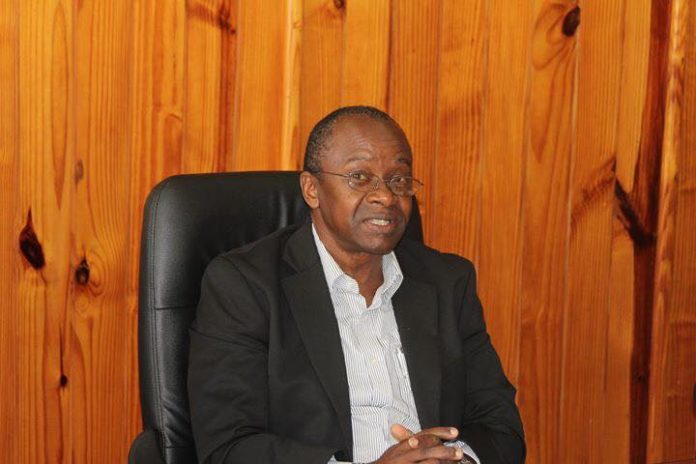By Lamin Njie
Citizens of Central River Region north have called for the inclusion of the creation of a new region in the new constitution of The Gambia.
President Adama Barrow last year set up a constitution review commission and tasked it to draft a news constitution for the country.
The agitators for the creation of a new region in The Gambia in a petition submitted to the Constitution Review Commission chairman Cherno Jallow on Monday cite the underdevelopment of CRR-north as their reason for demanding a new region. If granted, the North Central Region will bring the number of administrative areas in the country to eight with Kaur and Kuntaur as its most important towns.
“CRR-North has relatively lower scores in various indicators of socio-economic development, including access to information and communication technologies, employment, and education. According to the 2013 Census, only 3.5% of people in CRR-North had access to newspapers/magazines, compared to 15% for the national average. Similarly, only 73.4% (compared to 87.1% nationally) of CRR-North had access to radio, and 31% of them (compared to 68.2% nationally) had access to television in 2013. Such limited access to sources of information seriously hinders development in all walks of life,” two CRR-North citizens Mr Katim Touray and Mr Alhaji Lamin Nyangado said in their proposal.
“CRR-North also has significantly less economic activity than other parts of the country in terms of various other parameters. For example, only 1.2% of the economically active population of CRR-North in 2013 were professionals, compared to 1.9% for CRR-South. This discrepancy is probably explained by the fact that CRR-South has a larger population than CRR-North. In addition, CRR-South includes Janjanbureh (the Regional Capital for CRR and seat of many government offices in CRR), as well as Bansang (where the Bansang Hospital is located), and hence has many professionals working in various government agencies, NGOs, and public enterprises.”
According to the petitioners, “CRR-North also lower attendance rates, and school life expectancy than other parts of the country.”
“While the 2013 gross attendance rate (GAR) for early childhood education was 71.7% in CRR-North, the GAR was 91.5 nationally, and 99.4% in urban areas. Similarly, the primary school net attendance rate (NAR) in CRR-North was 55.2% in 2013, compared to 69.4% and 76.2% for the national average, and urban areas, respectively. CRR-North also had the least school life expectancy (i.e. the number of years a person can expect in the future; 5.7 years, in contrast to Kanifing (11.5 years), as well as NBR and CRR-South, 9.0 years and 7.5 years, respectively,” the petitioners argued.
“Another important development challenge faced by CRR-North is that it has the least amounts of rainfall in the country, and what little falls usually does so in an erratic manner. According to a preliminary report of a pre-harvest assessment of the 2018/19 cropping season, the lowest amount of rainfall in The Gambia was recorded in Kaur, in CRR-North. With 75.7% of households in CRR-North depending on farming as their source of income, and with per capita food production able to meet only 39% of their food needs, it is not surprising that CRR-North.”




